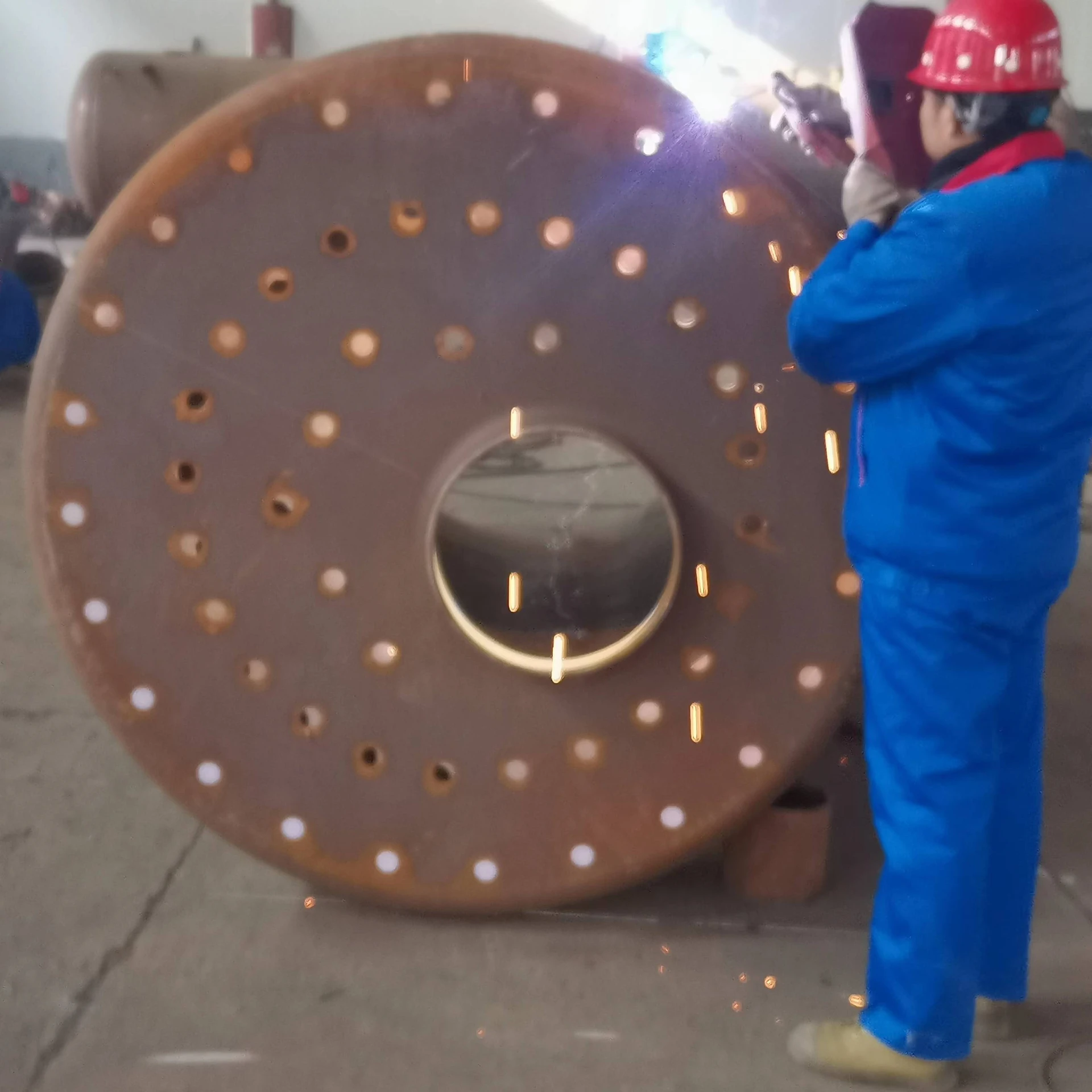
Oct . 05, 2024 13:57 Back to list
Understanding the Thermal Efficiency of Modern Steam Boilers and Its Importance
Understanding the Thermal Efficiency of Steam Boilers
Thermal efficiency is a crucial factor in the operation of steam boilers, significantly impacting both performance and economy. It refers to the ratio of useful energy output (thermal energy provided to steam) to the total energy input (fuel energy consumed). Maximizing thermal efficiency is essential for optimizing fuel consumption and minimizing operational costs, as well as reducing environmental impact.
The thermal efficiency of steam boilers can be influenced by several factors, including boiler design, combustion process, and heat recovery systems. Modern boilers are designed to achieve higher efficiency rates through advanced technologies such as ultra-low emissions combustion, improved heat exchange surfaces, and the use of economizers. An economizer, for example, captures waste heat from flue gases to preheat the incoming feedwater, thereby improving the overall efficiency of the system.
Another important aspect of thermal efficiency is the quality of the steam produced. High-quality steam, characterized by low levels of moisture, is essential for efficient energy transfer in industrial processes. Moist steam can lead to energy losses and damage to equipment, further highlighting the importance of maintaining optimal boiler conditions.
thermal efficiency of steam boiler

Regular maintenance and monitoring also play significant roles in ensuring high thermal efficiency. Factors such as scaling, fouling, and improper combustion can degrade performance over time. Routine inspections, cleaning, and adjustments ensure that boilers operate at peak efficiency and prolong their lifespan.
The use of advanced controls and monitoring technologies, including automation and real-time performance tracking, can provide valuable insights into the operational efficiency of steam boilers. By analyzing data, operators can identify inefficiencies and implement corrective measures, thus enhancing overall system performance.
In conclusion, the thermal efficiency of steam boilers is an essential parameter that affects their performance and sustainability. By focusing on design, maintenance, and monitoring strategies, operators can achieve high levels of efficiency, reduce fuel consumption, and minimize environmental impact. As industries continue to seek ways to improve energy utilization and reduce costs, the importance of optimizing thermal efficiency in steam boilers will remain a critical consideration for operators and engineers alike.
-
Oil Fired Hot Water Boilers Sale - High Efficiency & Affordable
NewsJul.31,2025
-
High-Efficiency Commercial Oil Fired Steam Boiler for Industry
NewsJul.30,2025
-
High-Efficiency Biomass Fired Thermal Oil Boiler Solutions
NewsJul.30,2025
-
High Efficiency Gas Fired Thermal Oil Boiler for Industrial Heating
NewsJul.29,2025
-
High-Efficiency Gas Fired Hot Water Boiler for Sale – Reliable & Affordable
NewsJul.29,2025
-
High Efficiency Biomass Fired Hot Water Boiler for Industrial and Commercial Use
NewsJul.29,2025
Related PRODUCTS






















